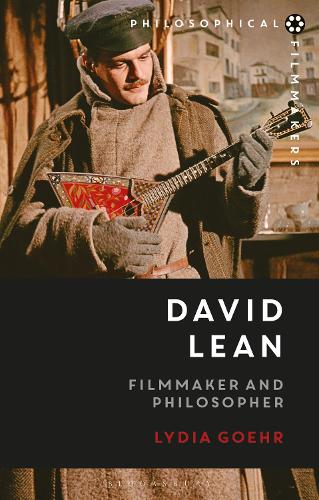
David Lean: Filmmaker and Philosopher
(Hardback)
Available Formats
Publishing Details
David Lean: Filmmaker and Philosopher
By (Author) Professor Lydia Goehr
Bloomsbury Publishing PLC
Bloomsbury Academic
4th September 2025
United Kingdom
Classifications
Tertiary Education
Non Fiction
Films, cinema
Social and political philosophy
791.430233092
Physical Properties
Hardback
304
Width 138mm, Height 216mm
Description
Did David Lean have a philosophy of filmmaking David Lean: Filmmaker and Philosopher draws out the threads and themes of this widely celebrated and incredibly influential director who, despite his long career, remained consistently reticent in claiming anything approaching a unifying mode of thought in his work.
From the early, more domestic films like Brief Encounter and his Dickens adaptations, to the sprawling epics Lawrence of Arabia and Doctor Zhivago, the five decades that Lean devoted to filmmaking are laid out and their common motifs plotted in full. Leans films were filled with noise, with no striking image or elaborate sequence going unaccompanied, and it is this flow of sound and visuals that holds the key to understanding the philosophical side of his cinema. This is one of the aspects of constructing a film on which he did admit to having a conscious philosophy, likening the editing process that was so acclaimed in his films to the flow of writing of music. The other major preoccupations of Leans filmography are also explored in astute detail, including those of infidelity, the adventurous encounter, and the literal and aesthetic possibilities of modern transport. All of these films enable a significant weight of philosophical literature to be brought to bear on Leans films, unearthing the thoughts and ideas behind one of cinemas great technicians.
Author Bio
Lydia Goehr is Professor of Philosophy at Columbia University, USA. Her publications include The Quest for Voice: Music, Politics and the Limits of Philosophy (1998) and Elective Affinities: Musical Essays on the History of Aesthetic Theory (2008).
